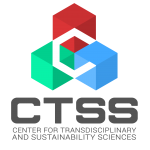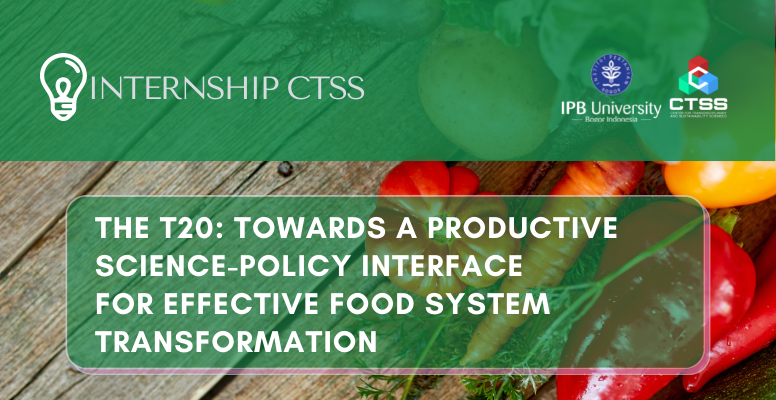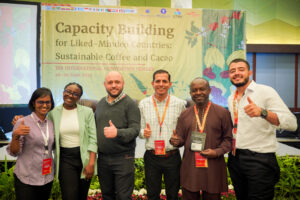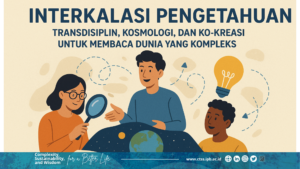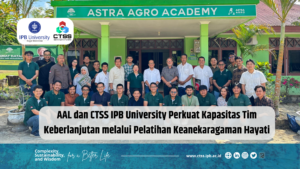There is major consensus among the scientific community that the current industrial agro-food system is having disastrous social and environmental consequences. In fact, it is responsible for more than half of global biodiversity loss, 24% of global greenhouse gas emissions, the degradation of soils and the overexploitation of natural resources. Furthermore, while food productivity increased, hunger, poverty, food related diseases and food waste are on the rise (FAO, 2021).
Thus, without any doubt, we urgently need to transform our local, regional and global food systems if we want to feed a rising population nutritiously in a fair and sustainable way (FAO, 2021). It is easy to say food systems need to be transformed, but hard to say “why?”, “transformed to what?”, and “how to do it?”. The decision makers that are asking these questions need answers to the questions.
FAO’s vision for a sustainable food and agriculture system is one in which food is nutritious and accessible for everyone, and where natural resources are managed in a way that maintains ecosystem functions to support current, as well as future human needs.
While the evidence-based solutions for more sustainable food systems are already available, there are still many political barriers to achieve the transformation towards Food security and sustainable agriculture. Transformation towards a sustainable food system requires fundamental change in science, culture, practices, beliefs, behaviors, markets, industry, policy and technology. Sustainability transitions can be defined as the disruption of an incumbent system by a new system. This process is very difficult and highly political since the actors currently dominating the existing food system will use their power to oppose any change that would threaten their interests.
As part of the T20, the Task Force 4 on Food Security & Sustainable Agriculture is responsible to think thoroughly about how we can best design a new sustainable food system and guide the transformation processes to achieve it. With the input of 15 policy briefs, co-chairs and T20 side-events, CTSS together with CIPS will be responsible to write the T20 Communiqué on Food Security & Sustainable agriculture. This communiqué will contain evidence-based policy recommendations to the G20 policy-makers for achieving global food security and sustainable agriculture. Thus, the T20 plays the role of a science-policy interface and it is therefore important to reflect on how we can best produce relevant scientific information that will match policy-makers demand.
How can the available science on food security & sustainable agriculture be translated into concrete policy recommendations for effective food system transformation ? How should science be communicated to inform policy-makers in an effective way and improve their ability to design more sustainable policies ?
The scientists that write about food systems transformations should better target policy-makers’ needs in order to make their knowledge usable and contribute more effectively to the transformation of our system.
According to McNie (2007), valuable scientific knowledge must satisfy three conditions.
Firstly, it must be salient and relevant to the context in which it will be used, so it fits the specific information demands of decision makers. Scientists must consider the ecological, temporal, spatial, and administrative scales. They also should keep in mind the regulatory and legal constrains, values and beliefs of stakeholders and political landscape.
Secondly, information must be credible and dependable. To increase reliability, peer review or collaboration between different actors can be organized.
Finally, information must be legitimate in the sense that it is perceived to be independent from political suasion. The way the information has been produced and transmitted should be transparent and there should be trust and respect between scientists and policy-makers.
As scientists working in a boundary organization such as the T20, we have a responsibility to make sure that information is used to improve decision-making by expanding alternatives, affecting choice, and enabling decision-makers to achieve desired outcomes. Only this way, science can effectively contribute to food system transformation.

